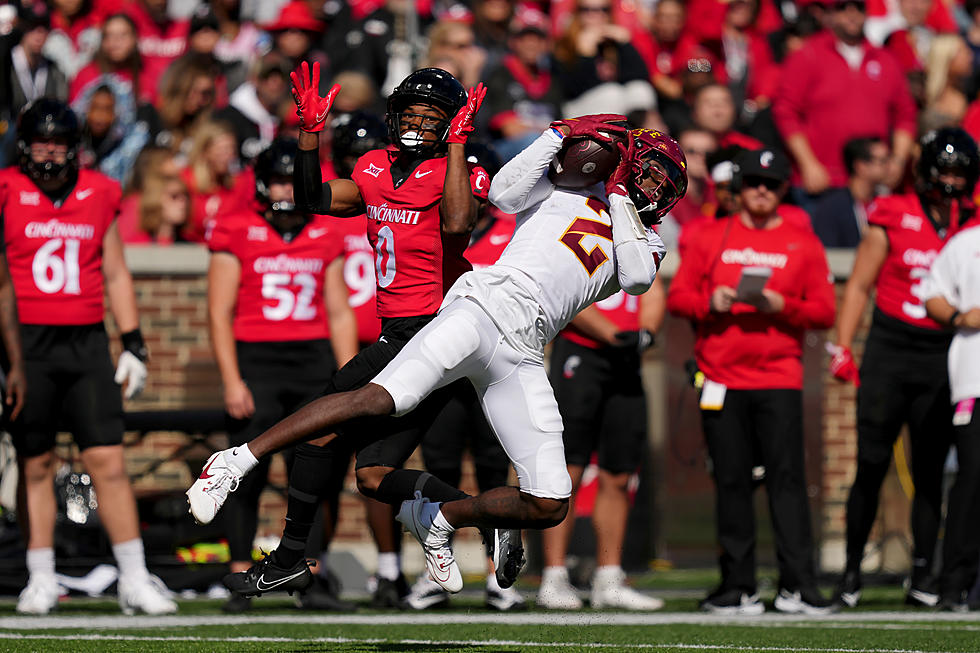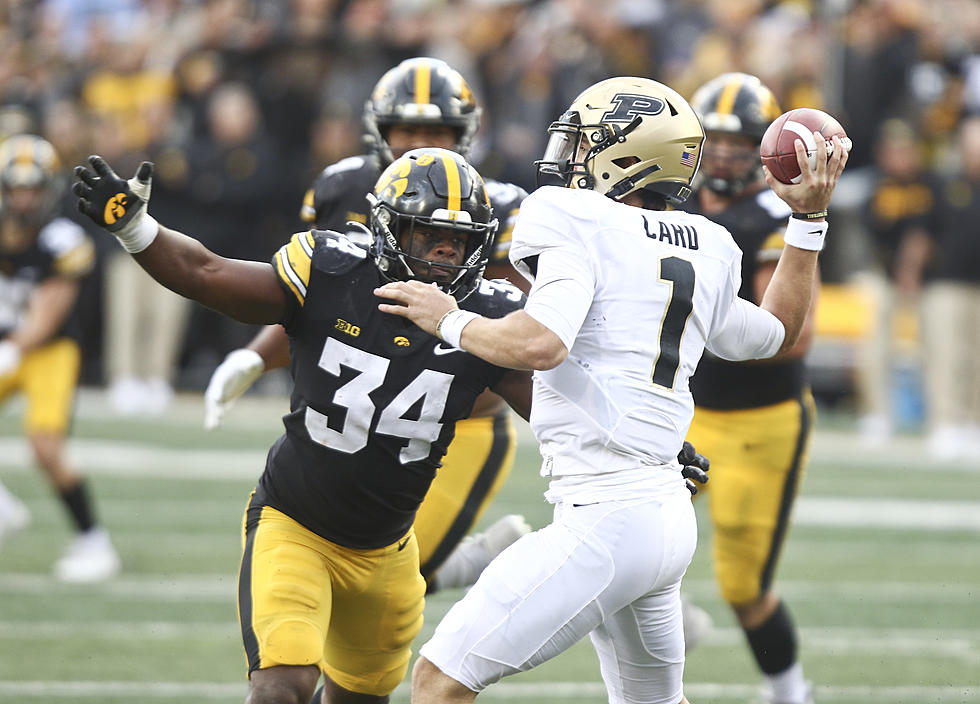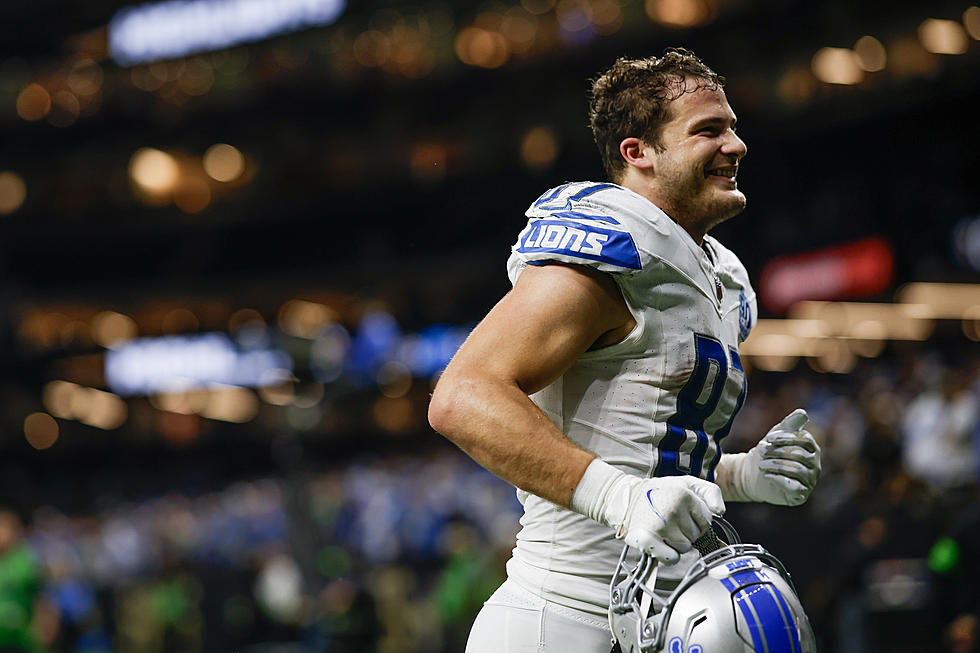
NFL Rules On Hitting QBs Confusing For Players And Fans
Packers and Viking fans didn't realize how much last year's injury to Aaron Rodgers would affect the NFL. Vikings linebacker Anthony Barr sacked Rodgers last year and in the process broke Rodger's collarbone, costing the Packer QB most of the regular season. Green Bay muddled through an awful season and the NFL lost one it's most prized players. In the offseason, the league put a new emphasis on protecting quarterbacks and outlawed hits like the one that sidelined Rodgers last season. But Sunday proved that these new rules need a lot of work.
First of all, Barr's hit last year on Rodgers was not a dirty play. It wasn't flagged. Barr wasn't fined. It was a football play that unfortunately injured one of the NFL biggest stars. And that's where the new rules come in. They're trying to protect their most important assets Their star players. Can you blame them? Rodgers is the latest quarterback, along with Matt Ryan and Kirk Cousins, making at least 30 million dollars a year. You don't want your highest paid and highest profile athletes sitting on the sidelines. So this year, defenders are not allowed to pick up a quarterback and drive them to the ground, or tackle them and put the full weight of their body on them. Add this to not hitting them high, not hitting them low, not hitting them with your helmet, and you can see why defenders are saying, 'how are we supposed to tackle them?'
Both Green Bay and Minnesota were hit with late hit penalties yesterday that wouldn't have been called in previous years, but the flag on the hit that Clay Matthews put on Cousins is the one people are talking about most. The hit wasn't late. Mathews led with his shoulder pads and not his helmet. He didn't drive Cousins to the ground. He was flagged anyway. The referee would go on to say that Matthews wasn't flagged for landing on Cousins. He was flagged for picking him up. I just don't see it. Judge for yourself.
Matthews hit on Cousins caused the pass to be overthrown and the Packers intercepted the ball. Game over. Only it wasn't. Give the Vikings credit. They took advantage and drove down to tie the game. That's where the game would end, in fact. A tie.
Very rarely does one play decide the outcome of a game. Both the Vikings and Packers had plenty of chances to win this game and they didn't come through. But bad calls have a way of sticking in people's minds. Officials need to come up with a consistent way to call roughing the passer. How are defenders supposed to make a play? It's a bad problem for the league. Who thought that there would actually be a rule that was WORSE than the NFL catch rule?
More From 98.1 KHAK
![Here’s Why Iowa’s Brock Purdy Will Lead the 49ers To an NFL Championship [VIDEO]](http://townsquare.media/site/675/files/2024/02/attachment-brock.jpg?w=980&q=75)

![Well Iowa, We’ve Found the Worst or Best Tattoo of 2024 [PHOTO]](http://townsquare.media/site/726/files/2024/01/attachment-kristian-angelo-xyJZvUL4_TY-unsplash.jpg?w=980&q=75)






